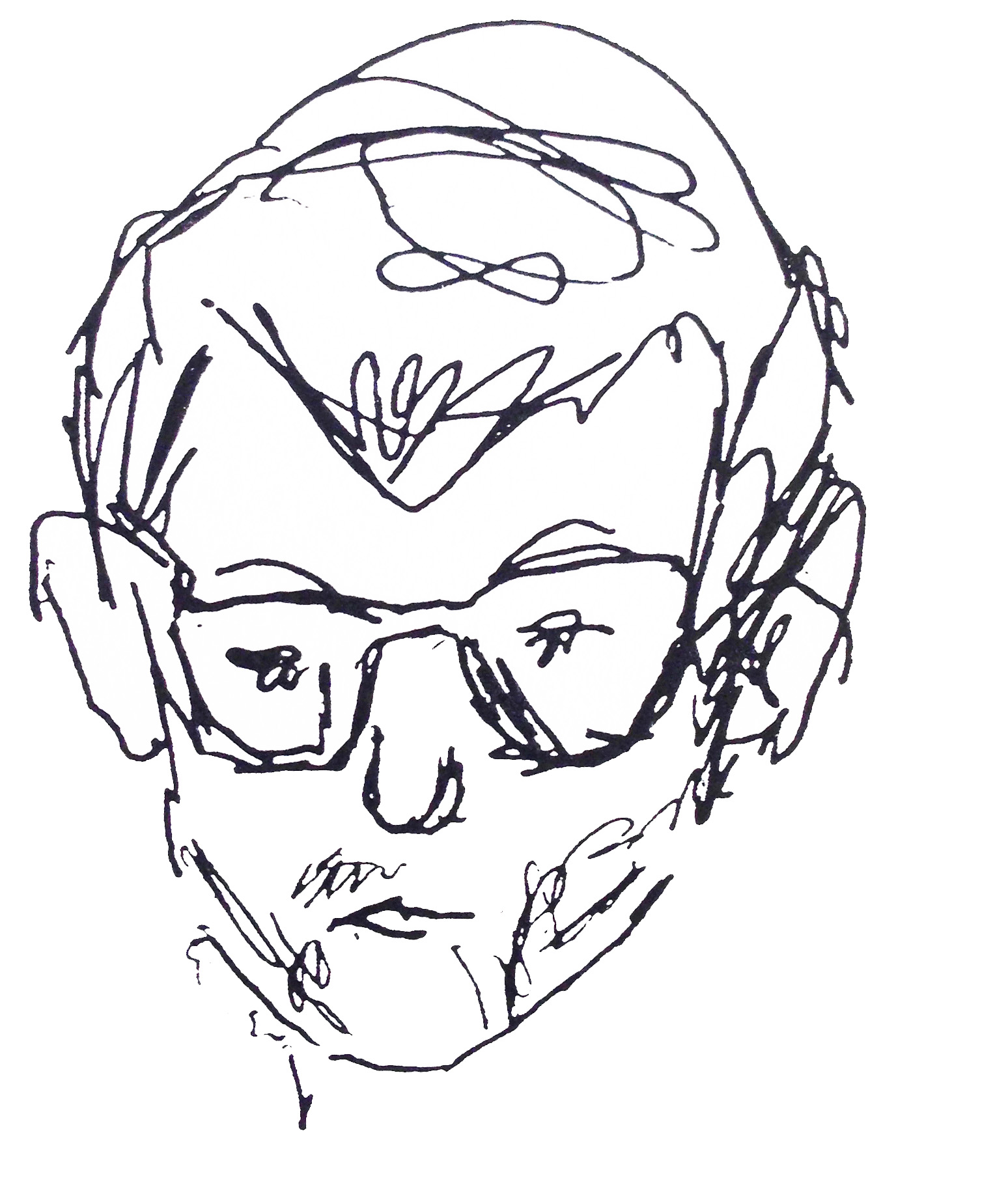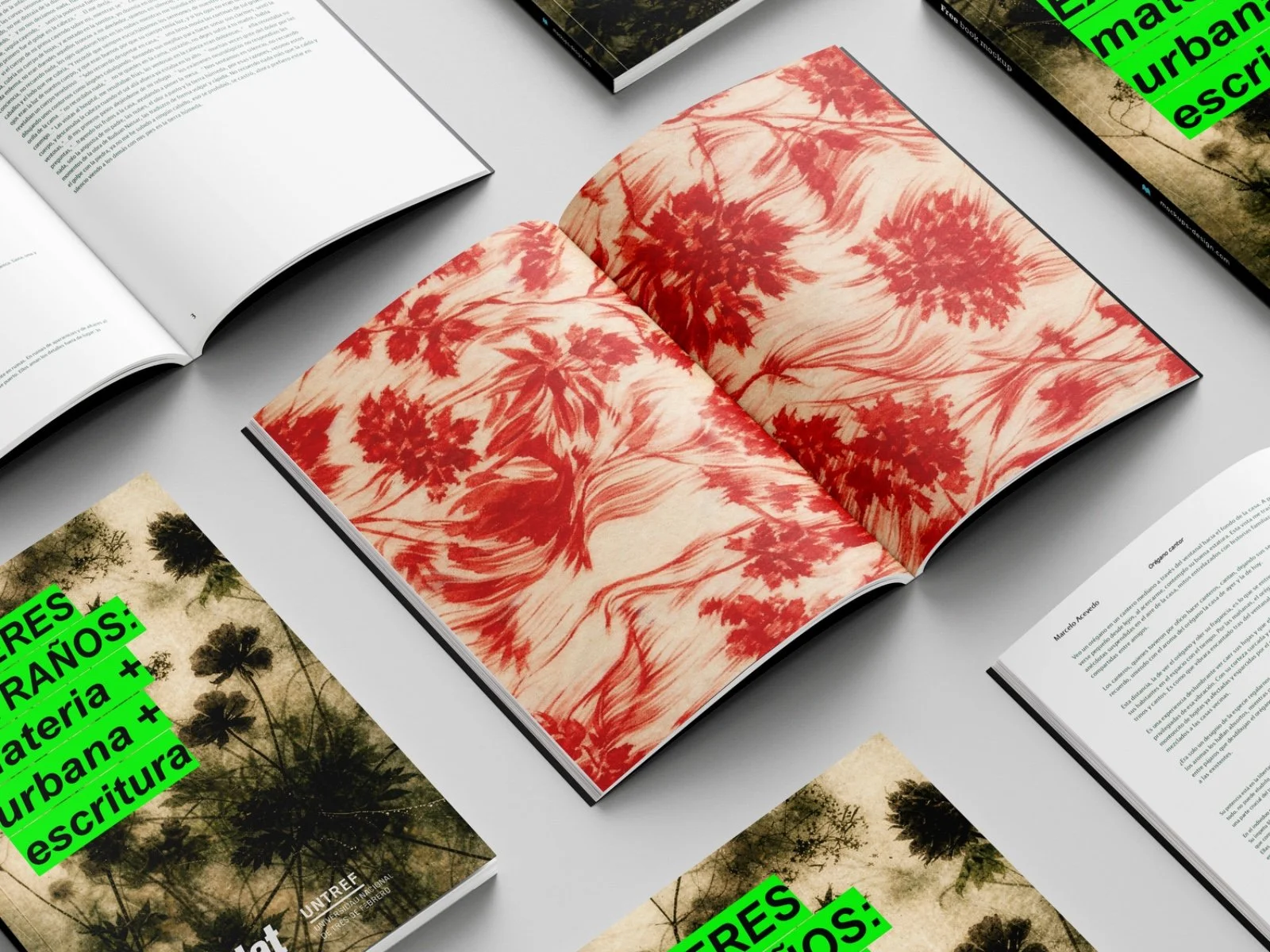Current Projects
English:
Alejandro Ponce de León is a researcher and educator working at the intersection of environmental humanities, technoscience studies, and citizen science. His recent work explores how infrastructures and devices animate territorial imagination. His doctoral research, The Technosocial Life and Death of the Cauca River Project (UC Davis, 2025), traced the historical entanglements between hydrology and technoscientific statecraft in southwestern Colombia, drawing on archival research, fieldwork, and interviews to study the transnational flow of hydroknowledge across the Americas. With Dr. Lisa Blackmore, he co-develops the Hydrocommons Map, a collaborative platform that connects initiatives dedicated to the care and defense of water ecosystems in Latin America through research, activism, outreach, and education. Together with Victoria Mohr and Philipp Simon, he is designing a replicable Arduino-based curriculum that guides participants to envision energy circulation—from production to reduction—in spaces affected by environmental injustice. His research has been published in Tapuya, ASAP/J, Water History, Cultural Studies, and the Journal of Latin American Cultural Studies, among others. He is currently affiliated with the University of California, where he works on initiatives that promote technology literacy and accessibility, inclusive instructional design, and equitable learning environments.
Spanish:
Alejandro Ponce de León es investigador y especialista en educación que trabaja en la intersección entre las humanidades ambientales, los estudios de la tecnociencia y la ciencia ciudadana. Su trabajo más reciente explora las relaciones entre infraestructuras, dispositivos y la imaginación territorial. Su investigación doctoral, The Technosocial Life and Death of the Cauca River Regulation Project (UC Davis, 2025), rastreó los encuentros entre la hidrología y la administración tecnocientífica en el suroccidente colombiano, atendiendo a la circulación transnacional del conocimiento hídrico en las Américas. Junto con la Dra. Lisa Blackmore, codesarrolla el Mapa de Hidrocomunes, una plataforma colaborativa que conecta iniciativas dedicadas al cuidado y la defensa de los ecosistemas hídricos en América Latina mediante la investigación, el activismo y la educación. En colaboración con Victoria Mohr y Philipp Simon, actualmente diseña un currículo replicable basado en Arduino que guía a les participantes a imaginar la circulación de la energía —desde la producción hasta la reducción— en espacios profundamente afectados por la injusticia ambiental. Su trabajo investigativo ha sido publicado en Tapuya, ASAP/J, Water History, Cultural Studies y el Journal of Latin American Cultural Studies, entre otras publicaciones. Actualmente está afiliado a la Universidad de California, donde trabaja en iniciativas que promueven la alfabetización y la accesibilidad tecnológicas, el diseño instruccional inclusivo y los entornos de aprendizaje equitativos.
Areas of Interest:
Science and technology studies [STS] | Latin American Cultural Studies | citizen science | environmental education | landscape & infrastructures | environmental history | materialisms | hydraulic technologies |
Hydrocommons Map (entre—ríos)
The Hydrocommons Map is a collaborative initiative designed to identify projects, collectives, and communities dedicated to the care and defense of water ecosystems in Latin America. The goal of this mapping effort is to create a platform that fosters the comparison, connection, and strengthening of research, activism, and outreach initiatives that bring together community-based and creative practices around water. It aims to promote an understanding of water as a shared common good and contribute to eco-social resilience and sustainability. The initiative also aims to facilitate future collaborations, alliances, and exchanges that deepen the relationship between communities and their local water bodies. The map will also serve as a tool for tracking the impact of these initiatives, providing insights into what is effective in community activism—and what isn’t.
We invite you to complete the following form, which will help us learn more about your project, collective, or community. Below, you will find an initial version of the map.
Fuel(ing) the City: A DIY Kit for Energy Stewardship
(With Victoria Mohr & Philipp Simon, University of California, Berkeley)
Fueling the City: A DIY Kit for Energy Stewardship is a hands-on workshop designed to foster storytelling, imagination, and reflection on energy circuits that connect landscapes, cities, and people. Building simple models and creating electric circuits, participants are invited into a dialogue to evaluate energy systems and envision future energy networks rooted in justice and collaboration.
As it continues to develop, the project aims to establish a replicable program and DIY kit that equips participants with accessible tools—such as low-cost Arduino-based prototypes—for imagining renewable energy solutions in public spaces. The goal is to encourage residents, community members, experts, and stakeholders to reimagine their city through localized “energy sovereignty storytelling” (Castro et al. 2024).
Located in the San Francisco Bay, California, the “Contra Costa Refinery Belt” is home to five refineries that stand around dense urban areas—serves as a case study. These refineries have significant repercussions on the community, biodiversity, and environment, with issues such as oil spills, explosions, and volatile pollutants historically affecting environmental and human health. Community-based monitoring programs, such as Purple Air, currently respond to citizens’ demands for air quality and accountability, but can public spaces encapsulate community aspirations for clean-energy landscapes while reducing dependency on fossil fuels as a form of social protest?
By activating new narratives and fostering hands-on engagement with energy infrastructure, Fuel(ing) the City contributes to a broader vision of an equitable and localized energy transition. It nurtures imagination while teaching accessible tech skills and invites place-based reflection on how communities might reconfigure energy systems toward shared, just futures.
PODERES EXTRAÑOS: materia + urbana + escritura
Book Mockup - Luciano Pozo
“PODERES EXTRAÑOS” is an edited book project collaboratively developed through writing, pedagogy, and editorial practice within the graduate program in Artes y Tecnoestéticas at the Universidad Nacional de Tres de Febrero (Buenos Aires, Argentina). The volume brings together a series of short compositional experiments that engage with writing as a situated and relational mode of thought. Working across locative practices, sensory attentiveness, and more-than-human reflection, the texts examine the worlding of the world through everyday moments — understood as fields of relations in action, where matter, infrastructure, affect, memory, territory, selfhood, etc., intersect.
The book is organized around four curatorial spaces—minor geologies, architectures of desolation, infrastructures of overflow, and xeno-writing. Each composition offers a partial entry into dense relational worlds, where writing operates as both an act of tying and untying, of organizing and exposing, of rendering the strange perceptible and temporarily habitable. Taken together, the volume advances slow, embodied writing as an ethical, aesthetic, and political gesture, oriented toward articulating an ecology of the present-tense in Latin America.


